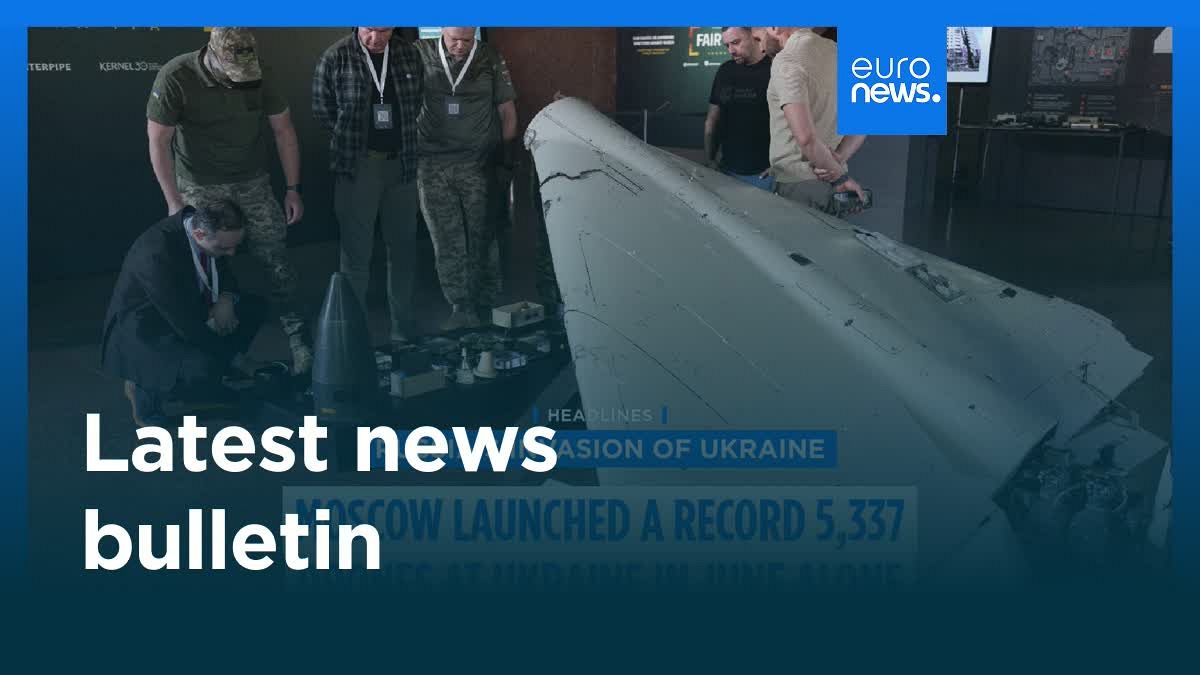Why Space Still Matters: Lessons from Edward Gibson’s Vision for the Future of Humanity

In an era where global headlines are dominated by climate crises, political unrest, and economic inequality, the conversation around space exploration can often seem like a luxury—a distant dream reserved for billionaires or nostalgic scientists. But in Space: Ever Farther, Ever Faster – Now!, author Edward Gibson makes a compelling case for why space is not only relevant, but essential to the future of humanity.
Gibson, himself no stranger to the cosmos, brings both authority and urgency to a subject that many have come to see as peripheral. His book blends scientific insight with philosophical reflection, challenging readers to consider how the trajectory of space exploration mirrors the broader evolution of human society. According to Gibson, our venture into space is not merely a scientific project, but a cultural one—a mirror that reflects who we are, what we value, and where we are headed.
At the heart of Gibson’s argument is a question that has driven humanity for centuries: What’s next? For Gibson, the answer is not just Mars or the Moon, but a greater sense of purpose. He frames the modern space race as an opportunity to unify rather than divide, suggesting that joint international missions and peaceful exploration efforts can redefine global cooperation.
One of the book’s strongest messages is its challenge to short-term thinking. In a time when political cycles and social media trends dominate public attention, Gibson calls for a long view—one that spans generations. Investing in space, he argues, is not just about exploring planets; it’s about investing in innovation, education, sustainability, and a new frontier of scientific inquiry that can directly benefit life on Earth.
Gibson also addresses the practical returns of space research. Technologies originally developed for space travel have led to countless advances in medicine, agriculture, and energy. From satellite systems that guide disaster relief efforts to the development of new materials and life-support technologies, the ripple effects of space investment are wide-reaching. In Gibson’s view, to turn our backs on space is to turn our backs on progress.
But perhaps the most powerful theme in Space: Ever Farther, Ever Faster – Now! is the philosophical one. Gibson invites readers to imagine a world where humanity has outgrown its divisions—where nations are defined less by borders and more by shared goals. He sees space as a spiritual endeavor, as much as a scientific one, offering us a sense of scale that can foster humility, responsibility, and wonder.
Ultimately, Edward Gibson doesn’t just write about rockets or missions; he writes about meaning. He reminds us that the stars have always guided human thought, from ancient navigation to modern astrophysics. His book is a clarion call for readers to look up—not with escapism, but with vision.
As we stand on the brink of a new space age—one driven by both governments and private pioneers—Gibson’s insights couldn’t be more timely. Space: Ever Farther, Ever Faster – Now! is more than a chronicle of exploration; it is a passionate defense of curiosity, courage, and the boundless potential of the human spirit.



















































.png?Expires=1838763821&Key-Pair-Id=K2ZIVPTIP2VGHC&Signature=IO0~CT3pU-TcxGc~yoZSmoQx23MZVuK-~4jSii~NKEblRmyO3el7NXPu~Rh1o23voASg7hlcHLw4kvQuDK1jssEhcjoNBBvEpZ~GGOAU6yosBhpHpeF179F~h7i6VxmsBNh9gtTutkoqY73O2YCFey~IAqSzKbBqETP1kP9cAg1916Z1YkJJs-5MliMrkZ5d7-mWGLbpHp2wGj2VlMph8XzYlL4~y1O7fB~JdIS~Rs4RMRs2x0WT1qUIpHAsf3GdwtOyAmKFSpIg8xCyNGZZ5h~13nXlmpd7uPvW8tBfttpG9pFTqcway-uch5WyfHOEfi7UlJCOWrr6fCYY5PMgSg__)







